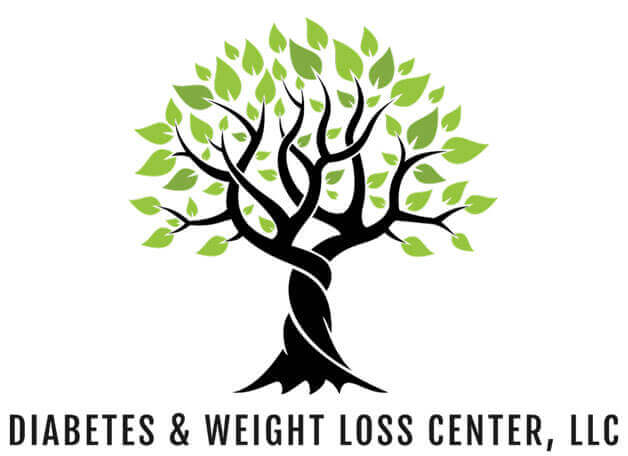Managing hypothyroidism is not just about taking medication — what you eat matters, too. This condition occurs when your thyroid does not make enough hormones. It can leave you feeling tired, cause weight gain, and slow your metabolism. That is why choosing the right foods can make a big difference in controlling symptoms and feeling better.
If you have been diagnosed with hypothyroidism, figuring out what to eat can feel confusing. Which foods support your thyroid health, and which ones might actually make things worse? This article will help you understand how to make smart food choices for hypothyroidism management.
Why Diet Matters for Hypothyroidism
Diet can influence how well your thyroid gland performs and how your body responds to medications. Certain nutrients are essential for producing thyroid hormones, while others can interfere with their absorption. Learning about these nutrients will help you make thoughtful food choices that support your thyroid health.
Foods to Include in Your Hypothyroidism Diet
Making the right food choices is about ensuring your body gets the nutrients it needs. Here are some nutrient-rich foods to incorporate into your daily meals.
1. Iodine-Rich Foods
Iodine is essential for thyroid hormone production. Without enough iodine, the thyroid gland cannot create hormones like:
- Thyroxine (T4)
- Triiodothyronine (T3)
Examples of iodine-rich foods include iodized salt, seaweed, fish, and seafood. While iodine is beneficial, avoid excessive intake, as too much iodine can worsen thyroid issues.
2. Selenium-Rich Foods
Selenium helps activate thyroid hormones so the body can use them effectively. It also provides antioxidant protection that keeps your thyroid healthy.
Good sources of selenium include:
- Brazil nuts
- Sunflower seeds
- Eggs
- Seafood like tuna or sardines
3. Zinc-Rich Foods
Zinc supports thyroid hormone production and balances immune function. Deficiencies can impair thyroid function.
Foods high in zinc include:
- Oysters
- Beef
- Poultry
- Almonds
- Chickpeas
4. Leafy Greens and Vegetables
Non-starchy vegetables are excellent for improving overall health. They are also good for encouraging weight management, a challenge for many battling hypothyroidism. Also, include dark green leafy vegetables in your meals.
5. Anti-Inflammatory Foods
Inflammation can exacerbate thyroid issues. Anti-inflammatory foods can support overall healing and reduce symptoms. Some of the best foods to include in your diet to reduce inflammation are:
- Fatty fish like salmon
- Berries like strawberries and blackberries
- Turmeric
- Walnuts for their anti-inflammatory properties.
Foods to Avoid for Hypothyroidism Management
Some foods can help your thyroid work better. Meanwhile, others might get in the way of how your thyroid works or how your medication works. Knowing which foods to avoid can help you manage your condition and make your diet work well with your treatment.
1. Goitrogenic Foods in Excess
Goitrogens are compounds that can disrupt how the thyroid makes hormones. However, their effects are generally neutralized through cooking. The vegetables to watch out for are:
- Broccoli
- Cabbage
- Cauliflower
- Brussels sprouts
- Kale
- Bok choy
While they are healthy in moderation, they can interfere with iodine absorption. Consuming small portions of these foods raw is fine, but it is best to steam or cook them first.
2. Soy Products
Soy contains compounds that may block the absorption of thyroid medication and interfere with hormone production. Avoid consuming large amounts of soy milk, edamame, and other soy-based products.
3. Processed and Sugary Foods
Refined sugars and processed foods can lead to weight gain. All the while, they offer little nutritional value to support thyroid function. Reduce intake of soda, candy, and packaged snacks as these are all high in sugar and unhealthy fats. Pre-made meals can also put you at risk. Although they are convenient, they may contain several unhealthy ingredients.
4. Excessive Caffeine or Alcohol
Caffeine and alcohol disrupt your metabolism and may negatively impact thyroid hormone production. Opt for herbal teas or limit yourself to a moderate caffeine intake.
Key Notes on Gluten and Dairy
Some individuals with hypothyroidism also have sensitivities to gluten or dairy. Gluten is a protein that can be found in wheat and similar grains. It can trigger inflammation in those with autoimmune thyroid conditions like Hashimoto’s thyroiditis. In addition, lactose intolerance may interfere with how the body absorbs thyroid medications. Ask your provider if cutting out gluten or dairy could help your thyroid work better.
Simple Meal Planning Tips for Thyroid Health
Creating balanced meal plans is vital to managing hypothyroidism. Here are simple tips to implement daily:
- Balance Your Plate: Include a mix of lean proteins, healthy fats, and nutrient-dense carbohydrates to keep energy levels stable.
- Time Your Meals: Take thyroid medication on an empty stomach, followed by your meal at least 30 minutes to one hour afterwards.
- Hydrate Properly: Drink plenty of water but avoid large amounts right after taking medication, which may dilute its absorption.
- Practice Moderation: Aim for consistent portion sizes, as overeating can stress your metabolism.
Adjust these recommendations based on your preferences, allergies, or food intolerances. It is important to talk to your healthcare provider about these considerations.
Best Diet for Hypothyroidism Management in Oviedo, FL
Do you need personalized advice or expert support on hypothyroidism management? If so, visit us here at the Diabetes & Weight Loss Center.
Our highly trained and skilled Dr. Adriel Perez, DNP, A-APRN, FNP-C, can perform a comprehensive assessment to pinpoint the underlying cause of your thyroid problem. From hormone replacement therapy and dietary guidance to exercise recommendations, you can trust us to provide high-quality care and support for your thyroid health.
For more information or to schedule a consultation, call us today at (407) 890-1876 or use our appointment request form. Together, we can create a plan that supports your thyroid health and helps you lead a fulfilling life.
We look forward to serving you!


